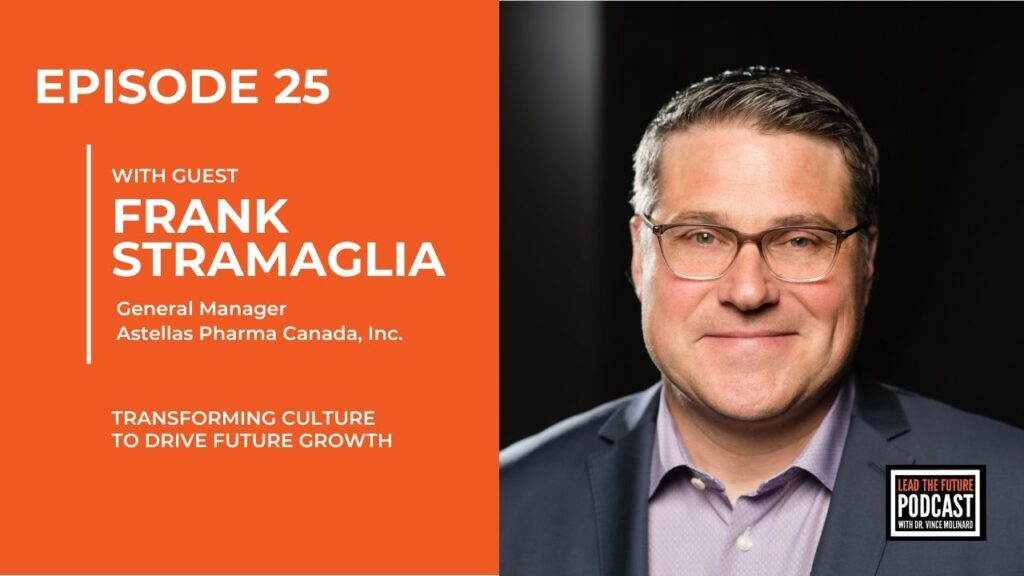BIG IDEA
As a leader, where does your sense of meaning and purpose come from now?
“What does it mean to be a leader today?” This is the question that began the introduction of my book, The Leadership Contract. It is also the question that started many of my keynote presentations and discussions with senior leaders around the world.
And now I find myself coming back to this question as the world for leaders has changed dramatically over the last couple of years. I believe the question of meaning can help explain a major disconnect we’re seeing between leaders and employees.
Right now, many leaders are resisting the idea of hybrid work. And yet, the research shows that people are just as productive, if not more so, at home. Research is exploding a lot of cherished myths. It turns out that in-person work isn’t better for collaboration, creativity, or innovation. People are perfectly capable of doing complex, creative work in a fully remote environment. In fact, the open-plan office many managers are so eager to get back to may actually stifle innovation and make colleagues less likely to interact face-to-face. Remote work can be productive, creative, satisfying—maybe even better than in-person work.
So why the disconnect? Why are so many managers obsessed with getting back to the office, while employees are thrilled with the idea of working remotely forever?
I believe that leaders are feeling cut off from the ways they’re used to making their work feel meaningful. Team meetings, one-on-one meetings, walking around the office and checking in on people—these activities made managers feel productive, and feeling productive made them feel they were contributing. In a remote setting, they’re adrift.
WHY IT MATTERS
In a hybrid world, leaders must work harder to rediscover the true meaning of leadership.
Here’s the harsh truth: walking around the office was never a substitute for doing the hard work of leadership. Of course, making face-to-face connections can be powerful, but a quick chat in a hallway is no substitute for having a tough performance conversation, for example.
In our new era of remote and hybrid work, leaders need to reconnect to the core elements of leadership. Ultimately, leadership is about motivating and holding people accountable to do their best work. Making sure everyone looks busy is a distraction.
THE IMPACT
Employee engagement is largely driven by leadership.
Employee engagement surveys and other research have always suggested that good or bad bosses make a huge difference in the employee experience. Whether in-person or remote, leaders have a huge role to play in not only creating a positive employee experience, but in driving performance and even making work feel meaningful.
Managers who feel cut off from the work they’re used to doing need to realize that the work of leadership hasn’t changed—it’s just happening in a different context. In an era of remote work, leaders who stop coasting and recommit to actually doing the hard work of leadership can move the needle on employee engagement in a way that office birthday cake never could.
WHAT TO PAY ATTENTION TO
Recommit yourself to the 4 terms of the Leadership Contract.
Ready to recommit yourself to the core work of leadership? Start by reviewing the four terms of the Leadership Contract:
- Leadership is a decision—make it. Now is a great time to revisit your decision to be a leader. Are you prepared to do what it takes to lead? Remember to reflect on your small, day-to-day leadership decisions, too—like the moments when you can choose to either let something slide, or step up and have a tough conversation.
- Leadership is an obligation—step up. As a leader, you are obligated to your company’s shareholders and other stakeholders, to your community, to your peers, and to your team. Are you creating the value you need to create?
- Leadership is hard work—get tough. Too many leaders avoid doing the hard work of leadership. They avoid giving direct feedback, they avoid having performance conversations, they avoid making the tough calls that involve trade-offs and risks. Having those tough conversations over Zoom may initially feel awkward, but as a leader, this is the work you have to do, whatever the context.
- Leadership is a community—connect. Mediocre leaders protect their turf and see the world as a zero-sum game. Accountable leaders connect with their peers, collaborate across departments, and make relationships a priority. Building relationships remotely takes deliberate effort, but it absolutely can be done.
Are you redefining what it means to be a leader today?
Gut Check for Leaders








